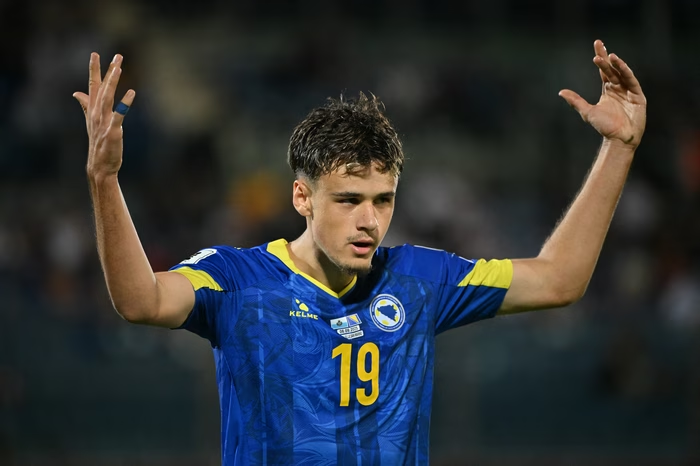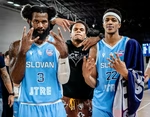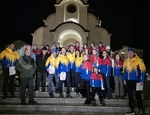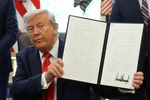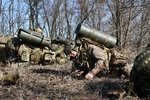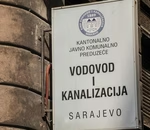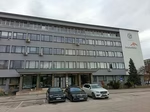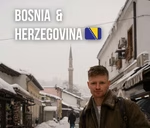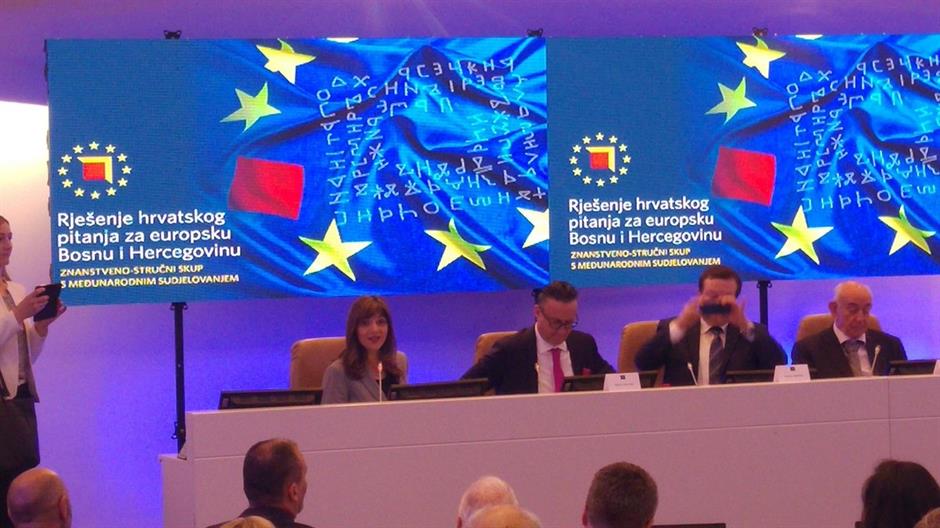
A civic society based on a “one person-one vote” concept is what caused wars in the Balkans and can not survive, a Croatian intellectual said on Tuesday at a session devoted to the problem of the status of Croats in Bosnia.
Participants of the gathering called “Solving the Croat question for a European Bosnia and Herzegovina” heavily criticized the Bosniak member of the tripartite Presidency, Bakir Izetbegovic, who has frequently objected ethnic-based voting in the country.
Bosnia has a three-member Presidency that consists of representatives of its three dominant ethnic groups, the Bosniaks, Serbs and Croats. The Serb is elected by voters in Republika Srpska, a Serb dominated semi-autonomous region which together with the other entity, shared by Bosniaks and Croats and called the Federation, comprises the country. The Bosniak and the Croat members of the Presidency are elected by voters in the Federation.
The problem, dubbed the “Croat Question,” emerged when the numerically dominant Bosniaks in the Federation twice overwhelmingly voted for a left-leaning Croat to enter the tripartite Presidency. Effectively, they elected both the Bosniak and the Croat member of the body.
To solve this, the Croats insist on a law that would allow voters of an ethnic groups to only vote for representatives of their own group, in this case only Croats to vote for Croats. This concept, the Bosniaks say, would violate human rights. Everybody should be able to vote for anyone he wants, they argue.
“The actions of Bakir Izetbegovic do not represent a europeanisation of Bosnia and Herzegovina, but the dictatorship of the most numerous national group,” said member of Croatia’s Academy of Sciences and Art, Davorin Rudolf.
“The only model for the territorial integrity of Bosnia is respect of the true constitutional rights in Bosnia and Herzegovina,” he said.
He said the “one person – one vote” concept is what brought on the Balkan wars.
“I don’t understand the Bosniaks, why they are insisting on this. It cannot survive,” he said.
“In proposing a civic Bosnia and Herzegovina and a multinational country, the spirit of Bakir’s father, Alija Izetbegovic, has become prevalent,” he said.
Professor at Sarajevo’s Philosophy Faculty, Ugo Vlaisavljevic, said that “90 percent of the people in Bosnia confirmed their identity in the last election”.
“This is why the House of Peoples is important. We must be realistic. It is important to insist on the collective rights as they constitute the state. Don’t deny another national group what you have for yours. Or else it is a immoral act,” he said.
The Chancellor of the Zagreb University, Damir Boras, said at the gathering that Croats in Bosnia are tied to Croatia.
“On the other hand, Croatia should not forget that Bosnia and Herzegovina is a home for Croats and that they need to remain there. It is important to ensure a programme on Croatian language (in Bosnia) and Croatia should help with that,” he said.
“The majority of the academic community in Croatia is of the opinion that we have to do all we can to ensure the survival of Croats in Bosnia. The ‘Croatian Question’ remains unsolved, and only with quality education in our own language can we maintain the Croat nation,” he said.
The Chancellor of the Mostar university, Zoran Tomic, also spoke at the gathering.
“Croats in Bosnia have become the key carriers of European values in Bosnia, and they are aware that without a European Bosnia and Herzegovina there is no solution to the Croat question,” Tomic said.
Kakvo je tvoje mišljenje o ovome?
Učestvuj u diskusiji ili pročitaj komentare





 Srbija
Srbija
 Hrvatska
Hrvatska
 Slovenija
Slovenija


















